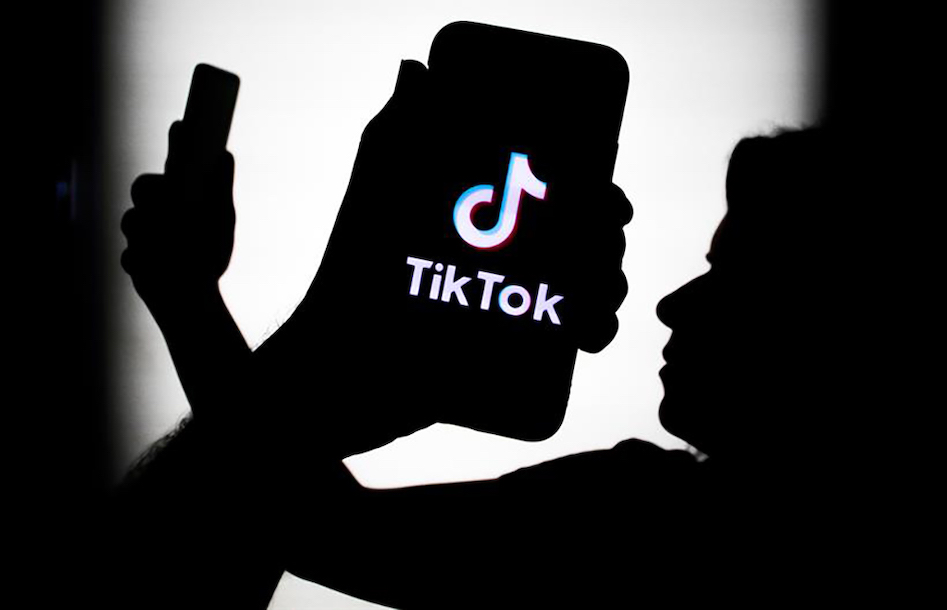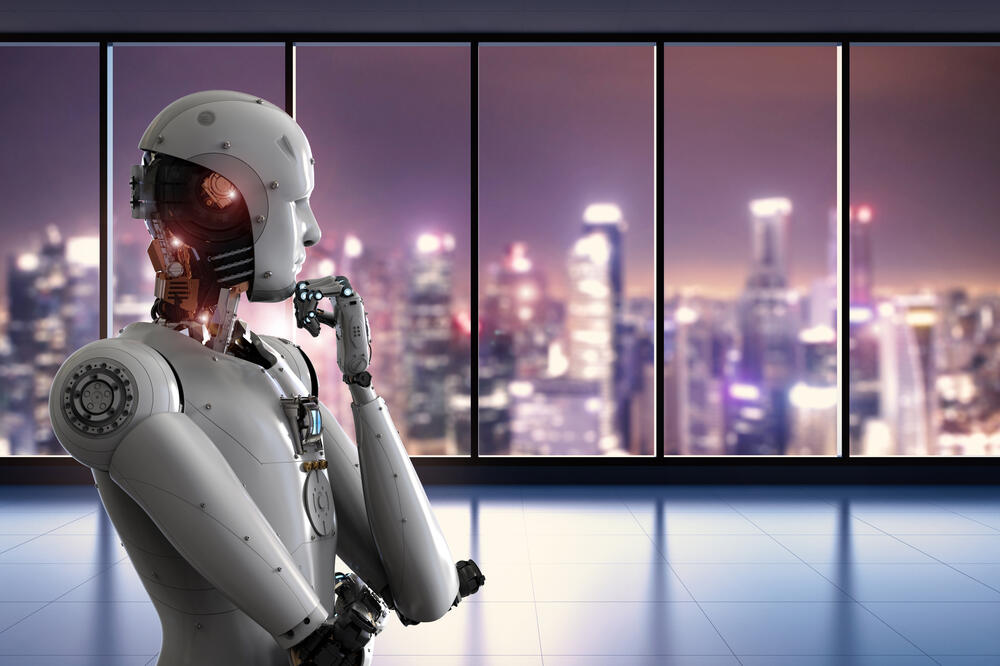
David Zucker is a longtime Hollywood director, producer, and screenwriter.
A hysterically funny guy, he is recognized in the entertainment industry as one of the chief sages of the spoof genre.
He fine-tuned his comedic filmmaking skills while working together with his brother Jerry and their fellow filmmaker Jim Abrahams.
The trio wrote and directed the breakthrough 1980 comedy flick “Airplane!,” which still stands as the archetypal film in the spoof category.
The same three filmmakers also created “The Naked Gun” franchise, which includes “The Naked Gun: From the Files of Police Squad!” (1988), “The Naked Gun 2½: The Smell of Fear” (1991), and “Naked Gun 33⅓: The Final Insult” (1994).
All of the “Naked Gun” films feature the same stars portraying the same characters, including veteran actor and comedic genius Leslie Nielsen, the surprisingly adept comedic leading lady Priscilla Presley, stellar character actor George Kennedy, and of course, the infamous O.J. Simpson.
Zucker also directed the hit films “Scary Movie 3” and “Scary Movie 4.”
Following the trend in Hollywood of resurrecting successes of the past, execs at Paramount have decided to put together a remake of the original “Naked Gun.”
The casting of the remake is puzzling to say the least.
The lead is played by dramatic film actor Liam Neeson, who has the unenviable job of trying to fill Nielsen’s huge comedic shoes. The role is quite a switch for Neeson. After a long career as a character actor, he has become increasingly known as an action star.
Pamela Anderson, famous for her TV roles on “Home Improvement” and “Baywatch,” will play the character originally portrayed by Presley.
Oddly, the filmmakers involved in the reboot didn’t include Zucker in the creation or production of the upcoming movie.
Zucker and his partners had submitted a script to Paramount in 2018, and there were indications at the time that the studio liked it. However, Paramount somehow chose to go in a different direction.
The filmmaker was stunned when he heard that the reins for a “Naked Gun” reboot had been handed over to others.
“We are not excited about having the franchise given to other people. At the time, I couldn’t believe it because we thought we had a great script,” Zucker told TMZ.
He explained when it comes to the reboot, “I don’t have any control over it. I’m not involved, and they haven’t asked me for my help. It’s completely their concept, and they’re just going to go ahead and do it.”
At first glance it seems inexplicable that those involved in the reboot of the spoof film wouldn’t have wanted to consult with the master of the genre.
But then again Zucker hasn’t shied away from publicly expressing his political opinions, which don’t exactly align with Hollywood’s current penchant for wokeness.
Could this have something to do with the decision to bypass Zucker?
Hollywood is also a town that is enamored with atheism, and Zucker happens to be a believer.
He told the BBC, “I think there’s much more evidence that there is a God than that there isn’t. I don’t believe that Mother Teresa and Hitler go to the same place.”
He appears to be taking the rebuff in a lighthearted manner, and even displayed some of his comedic prowess in a remark about Simpson’s onscreen performance in the original “Naked Gun.”
“I found that O.J.’s acting was a lot like his murdering. He got away with it, but nobody believed him,” he quipped.
Funny how Zucker makes comedy look so easy. Any pro knows it’s not.
Failing to consult with him may turn out to be a really bad business decision.
And that’s no joke.






You must be logged in to post a comment.